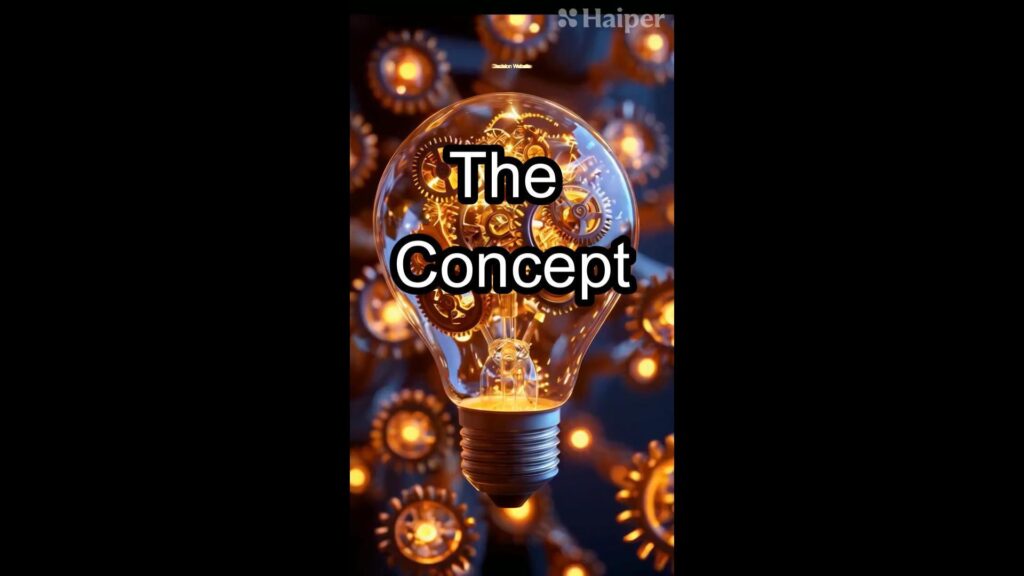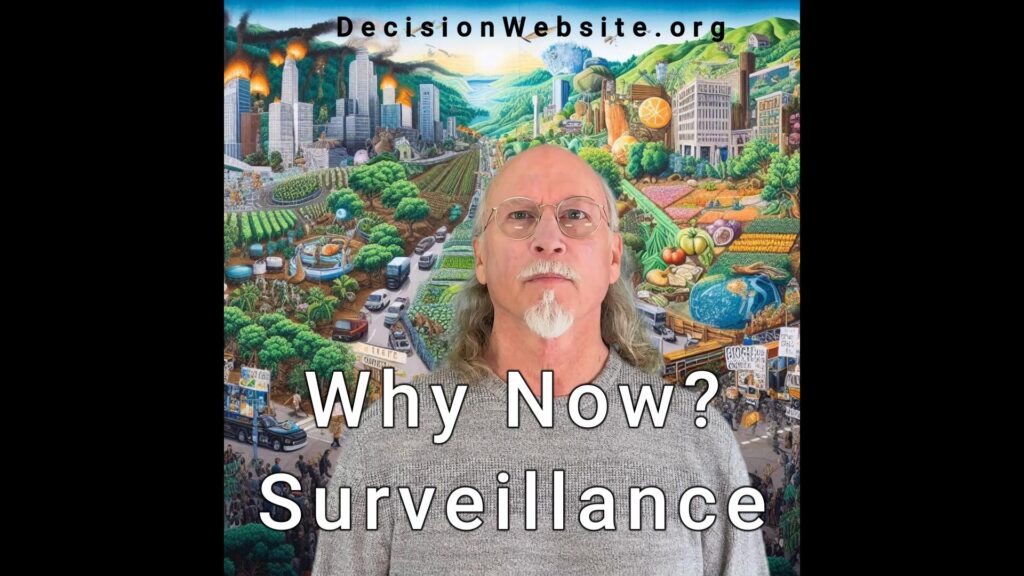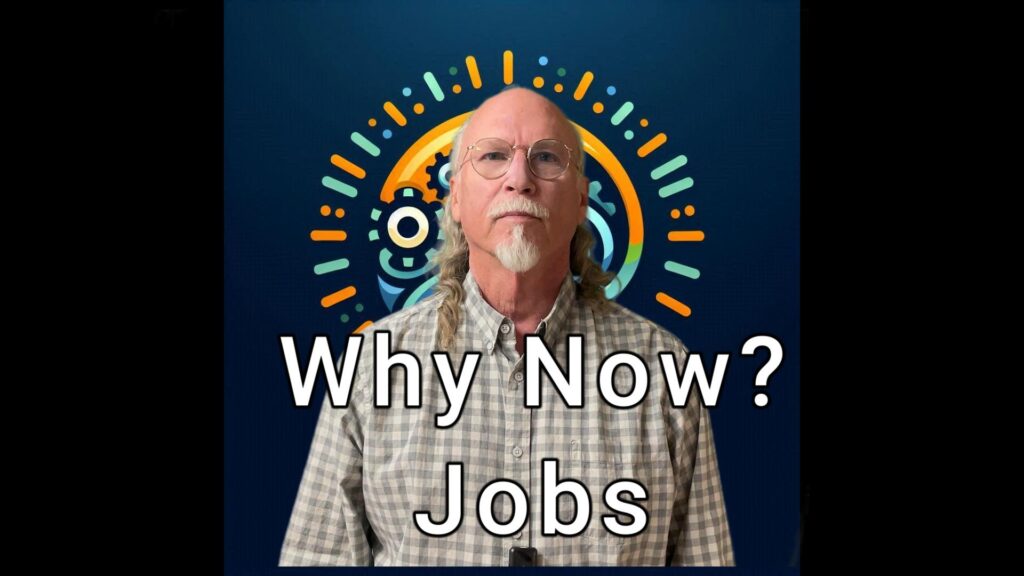AI in the Decision Website
.
Artificial Intelligence (AI) will soon explode in usage. Business, content creation, music, art, medicine, therapy, diagnostics, military, customer service, robotics, auto-pilot, manufacturing, distribution,… really everywhere.
.
AI is basically the style of software programming, whereby a computer itself makes complex decisions, has access to a broad range of information, possesses the ability to learn from experience, and can analyze patterns and interconnectivity in data.
.
Artificial Intelligence will help make the process of managing our debates so much easier, shortening the timelines and boosting the feasibility of the Decision Website. To be clear, AI will not be writing our opinions or be a true participant in the debates.
.
Rather, AI can:
.
Here is what’s below…
.
In the Decision Website we will be debating broad subjects. Let’s imagine the main topic of climate change because it’s so complex. What to do about climate change depends on so many separate components that first need to be debated and understood. I refer to these as “subtopics” in this article.
.
Subtopic Samples:
Analysis of the Causes – greenhouse gases, general climate shifts, solar changes.
Analysis of the Sources – industry, automobile, power generation, consumerism.
Effects – weather patterns, coastlines, disasters, and relocation.
Obstacles to Change – national compliance, profit model, political dynamics, authority vs democracy.
Viability of Options – electric vehicles, nuclear/hydrogen/renewable power, efficiencies.
.
Above is just the tip of the iceberg for climate change issues. But that’s the idea of the Decision Website… to break a topic apart and build a solution.
.
![]()
Everyone’s opinions are going to be considered.
![]()
↑ TOP
One of the first steps in developing a debate will be to define the scope and organize the various subtopics. AI is that research assistant that can explore our body of knowledge in record time and organize the results. The array of unique prompts by debate participants will allow AI to quickly unveil the breadth of the needed discussion.
.
As subtopics are accumulated, AI can make a first draft in outlining the scope of the debate and eventually use advanced skills to suggest a progression in which to tackle each subtopic.
.
![]()
This is that unique point in history with AI and the Internet,
where we can take democracy to a new level.
![]()
.
For our debate participants, AI Chat will serve as a robust research tool that searches our known pool of information for statistics, ways of thinking about a subject, connections between issues, and perspectives from past writers. Think of the time savings when you need to locate a particular study or statistics. And imagine the thrill when AI discovers a research project you never heard about.
.
AI’s summarization ability and quick research allows every participant to broaden their depth of knowledge. Especially though, consider how someone who brings a more narrow but important focus (e.g. economist, human rights activist, philosopher) can now debate more vigorously on a broader topic. Everyone has the data and information at their fingertips in a much easier and digestible format.
.
More and more Expert AI systems are being created that focus on specific disciplines like medicine, engineering, geology, chemistry, biology, etc. This will allow many more debate participants to engage in discussions and let us better utilize the extensive knowledgebase humans have developed.
.
Apply this new research ability to fact-checking and even more people are available to cross check information. AI can be asked for its sources of information, helping us all to move towards comparing data rather than judging the messengers. This fosters trust in our debate process, building a culture of “Us vs. the Problem” rather than versus each other.
.
◆◆◆◆◆◆◆◆◆
↑ TOP
When people start submitting thoughts to the debate (e.g. cost of mining rare earth metals), AI can be available to inform you of other submissions in this same line of thinking. In fact, a participant can ask AI to gather streams of thought previously presented into the debate so as to analyze what else needs to be added or fine-tuned.
.
Since AI is tracking the entirety of all debates in the Decision Website, it can inform us when other debates or debaters have already discussed a topic (e.g. relocation equality) and thereby save us time.
.
◆◆◆◆◆◆◆◆◆
.
Our writing in the debate needs to be clear and concise. AI can act as a grammar checker, detect ambiguity, warn of long-windedness, point out terms that aren’t well understood, and help summarize complex ideas into concise verbiage.
.
Our problems in logic could also be revealed by AI. It would recognize logical fallacies like generalizations, moral equivalence, ad hominem, straw man, etc. AI should also be able to detect logic problems, such as a circular argument or cherry picking data, arising from multiple submissions by various contributors. It’s not that we are forced to bend to the AI’s will, but good logic is our goal after all.
.
For more detail on logical fallacies…
↑ TOP
A debate participant will always be able to ask AI (inside or outside of the Decision Website) to write a submission for them. However, we want to require the participant to “own” that piece of writing, making them responsible for the content. Humans are debating… not artificial intelligence.
.
In the future, we might consider Expert AI systems (e.g. a Lawyer AI) to be so precise that we consider it a source of authority. Nonetheless, in our opinion based Decision Website, where there is so much room for bias, we should use AI as a source of information rather than a source of authority. Humans need to take AI’s output, double-check its accuracy and logic, and apply it in our human way of thinking.
.
As mentioned above, AI can offer a participant a flow of prior submissions on any topic. It could even offer you a list of submissions since a certain date or submissions that you have not read. Writers should find it much easier to catch up, get realigned with the discussion, and offer their opinions to advance the debate.
.
◆◆◆◆◆◆◆◆◆
↑ TOP
Another way AI will help the Decision Website is as a statistical tool. AI can keep track of the various subtopics in a debate. It can create a visual map of those subtopics. AI can provide statistics about the activity of participants, their up/down-voting, their type of comments, how sentiment is changing, where challenges need attention, and what area is being ignored. This will allow someone who is coming to the site to visually see the scope of each topic and choose where they want to get involved.
.
For anyone who wants to see the complexity of a debate or wants to drill down to experience the enthusiastic exchanges between folks, they just have to look at the organizational chart that AI has created. If a citizen wants to ensure that some point of view is included in a debate, they could evaluate the chart or ask AI if that view can be found.
.
◆◆◆◆◆◆◆◆◆
.
AI’s analysis of statistics, patterns in challenges, up/down-votes, and energetic participation might reveal where we need resolution. Eventually AI might be able to understand complex concepts so as to act as a mediator and encourage us towards consensus. Probabilities are an area that AI could calculate for us to help us weigh options. Progress towards consensus requires that we answer the challenges that people tag to our writing. AI will be tasked as a watchdog to remind us of these challenges.
.
We could devise a method for AI to help coordinate between participants, notifying them of contentious areas, and putting together participants of a like mind or even a strong disagreement in order to foster collaboration and problem resolution.
.
Could AI eventually learn how to suggest innovative compromises that benefit and please all parties? Might it be able to suggest interconnectedness or patterns between issues that it sees in its vast knowledgebase? That is, suggest links from one problem to another, crime to disparity of wealth to education, thereby helping us to think more broadly and outside of the box. AI’s development as a real intelligence can be the tool we need to push ourselves towards expansive open-ended thinking.
.
◆◆◆◆◆◆◆◆◆
↑ TOP
For the casual person wanting to read about a debate, they can look at the final “Position Statements” (summaries created by participants) for the main topic (climate change) or dig deeper to the “Position Statements” for each subtopic such as the “viability of hydrogen energy”.
.
AI will help the reader with navigation, finding what area of the debate they are currently interested in. AI can give a comparison of the varying position statements, revealing where the differences lay. You might even ask AI to describe the arguments concerning an issue such as “carbon repositories”. It can report on the challenges that ideas are receiving and how they are being addressed. AI will show trends in voting. If a person wants to drill down into the debate itself, AI can provide the outline and navigation. It can analyze smaller debate threads like the “viability of property insurance”.
.
On an important note, a citizen can ask AI if a particular viewpoint has been debated within the topic. This is the way citizens act as watchdogs and ensure the debate is balanced and inclusive with all of our opinions. AI would help the citizen issue a challenge if that viewpoint was missing and interject that new viewpoint into the debate.
.
For these purposes, we could use a specially trained AI bot that only knows what has been discussed within our debate. This prevents the bot from interjecting other information or proxy opinions when we need to analyze our debate progress. Such is the flexibility of AI.
.
◆◆◆◆◆◆◆◆◆
.
AI’s Dire Warnings
If you have heard dire warnings about AI, they usually refer to future expanded usage when computer systems are given more autonomy to make progressive unilateral decisions. You know, machines control the weaponry and then take over the world.
.
There are also more nuanced ways we have to worry about AI, such as how humans relegate hard thinking to a machine and get mentally weak. There’s the idea that we get complacent and stop inspecting the results of AI. Then there is the problem of having bias in an AI and an artificial intelligence that does not hold to our complete range of human values.
.
One thing to remember is that we have the option to individually train the various AI bots used within the Decision Website. We can limit the scope of a bot based on its function, and give it the kind of learning feedback we decide upon. We would of course need to make this process transparent as well. For clarity, know that we cannot control AI engines outside of the Decision Website where folks might be gaining research information. But good debating should overcome this as long as we don’t succumb to letting AI be a source of authority.
.
The good news is that each milestone that artificial intelligence achieves, means we can improve the effectiveness of our debates.
.
◆◆◆◆◆◆◆◆◆
↑ TOP
Our debates can be a balance or counterweight to AI. By this I mean that for important issues, or any issue, we do our own thinking to ensure that true human values and perspectives are used.
.
An AI system’s thinking will be so much smarter than any individual because of its immediate access to so much information and its ability to process so quickly. But it will not be smarter than the full body of humanity and our collective thinking. All we need to do is use the Decision Website and enough participants to smooth out our personal biases and logically work together.
.
Doing this work ourselves can also help humans maintain mental strength when AI has become so pervasive in feeding us its usually stellar information.
.
◆◆◆◆◆◆◆◆◆
↑ TOP
There is an AI industry concept of wanting to “align” AI with our human values and priorities. For instance, should an AI law enforcement robot ever be allowed to kill a human? In simplistic terms, the “alignment” is done by training AI systems and setting parameters.
.
As of now, this “alignment” is being set by a company or owner of the AI system. Another option could be to let the “alignment” be set by a small group of individuals that have been designated by the government or a standards group for the industry.
.
But wouldn’t it be significantly better for this “alignment” to be designated by a much larger group that is democratically controlled and transparent in nature as in using a model like the Decision Website? Citizens could then decide upon the parameters and limitations we want to be applied to varying AI systems. Maybe this is the basis of regulating AI, where certification is required as to which “alignment” standard was used and how it was performed.
.
But really, we want the law enforcement robot to disarm that dangerous person. The robot then attaches a small “Angel Bot” on the disgruntled person’s shoulder that says, “Wow, would you like to talk about what’s going on in that head of yours? Let’s take all the time we need to sort out the frustration. Society needs your feedback so we can build a better environment for people like you. I’ll help you decide how you could change your situation and suggest some new directions. Oh, and we can document the whole discourse and make a video! Far out.” P.S. Far out is boomer for dope. A boomer must have trained this “Angel Bot”.
.
Here’s the thing. If we put the distribution of information and the decision power of this world into the hands of us all (let’s call it a movement towards real democracy), we are going to effect a new trajectory. One that is more similar to that quirky but delightful scenario above. The Decision Website will make the value of new technology soar in our favor as humans who commonly want the best quality of life.
.
↑ TOP









